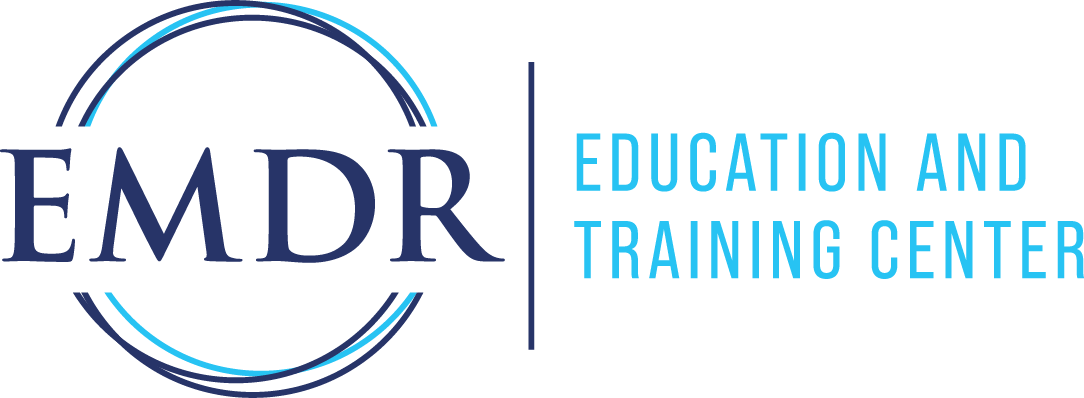Participant Agreement
In addition to the Registration Application, we ask that you please read the Participant Agreement carefully and in its entirety. At the end of the page, please provide your electronic signature.
Once the Registration Application and Participant Agreement are received, we will send you a confirmation email within 3 business days.

